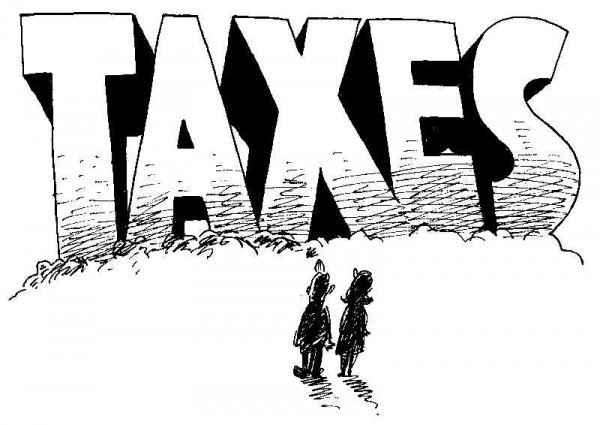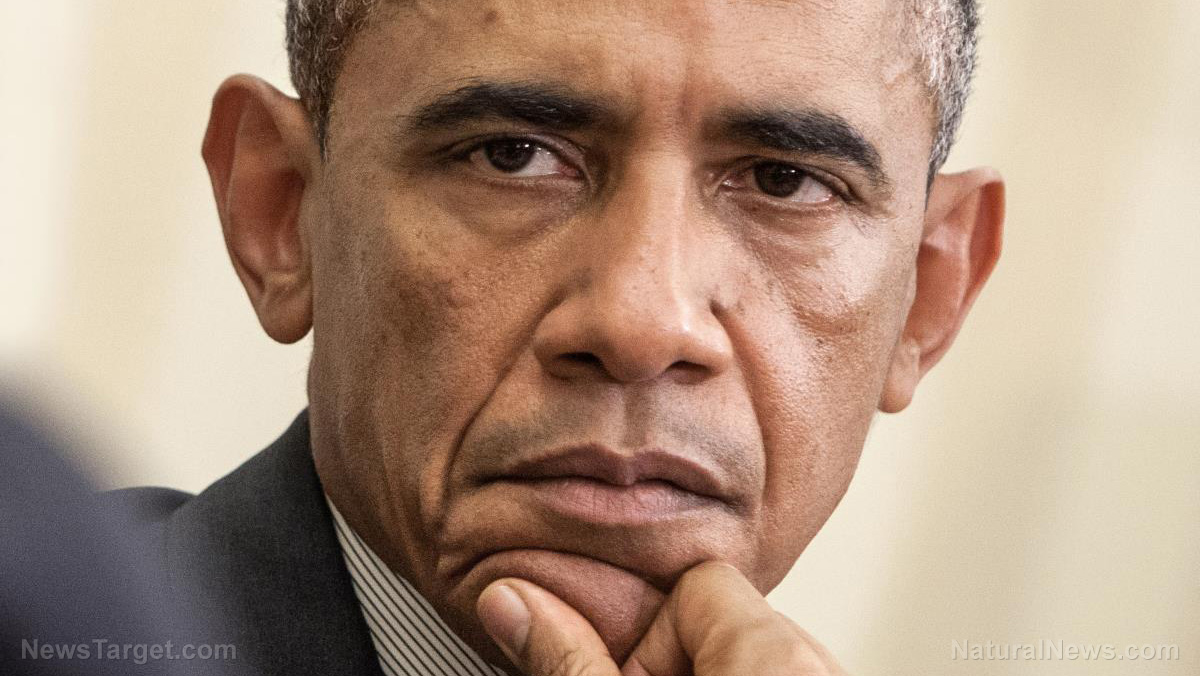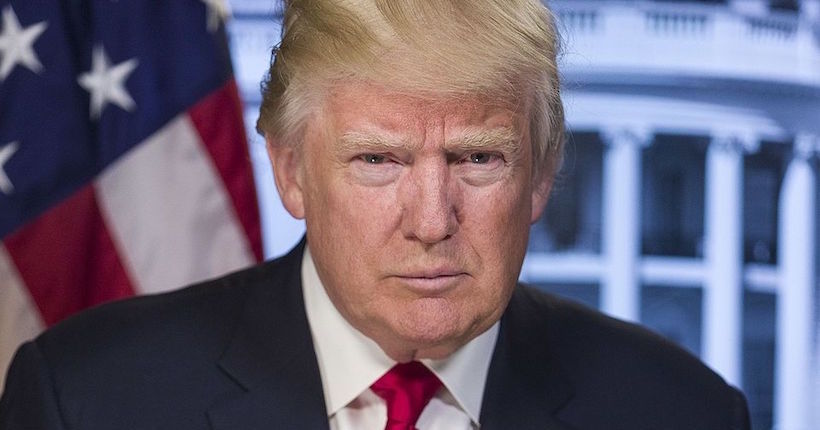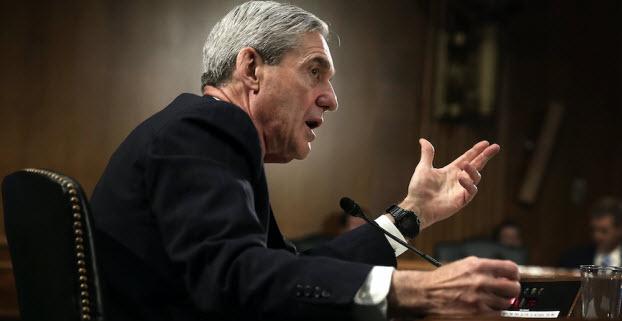Elizabeth “Pocahontas” Warren’s CFPB kept a secret “slush fund” to funnel BILLIONS of dollars to Left-wing groups
12/06/2017 / By JD Heyes
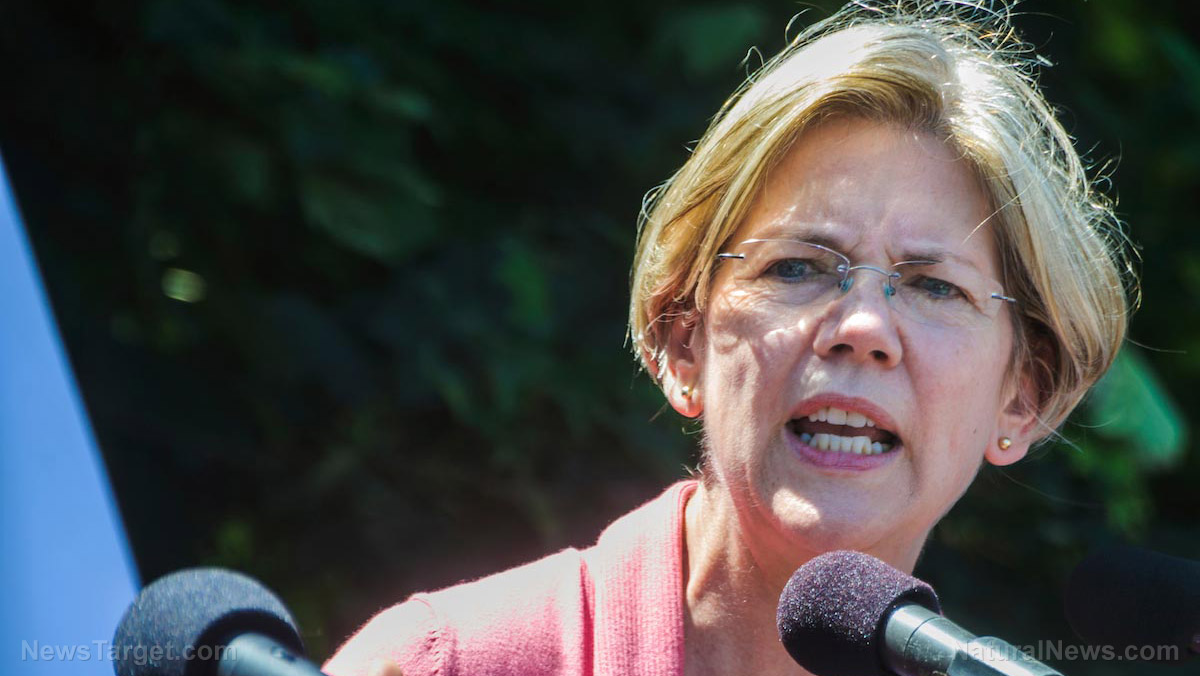
In recent days President Donald J. Trump was accused of creating another ‘controversy’ when he dared to exercise his constitutional authority as head of the Executive Branch and appoint his Office of Budget Management director Mick Mulvaney to head up the Consumer Financial Protection Bureau.
The appointment sparked a lawsuit from the agency’s acting director, Leandra English, who claimed that under the law creating the CFPB, the outgoing director gets to name his or her replacement.
A federal judge, Timothy Kelly, ruled against English in late November and allowed Mulvaney’s appointment to proceed. But now, a New York-based credit union has filed suit in Manhattan federal court to have Mulvaney removed, presumably to have English replace him and for certain to deny Trump the appointment.
What in the world is so important about preventing Trump from putting in his own appointee in this particular federal agency?
Maybe it’s because the agency is not really about ‘protecting consumers’ but all about enhancing and funding Alt-Left groups and causes. And we have none other than Sen. Elizabeth “Pocahontas” Warren, D-Mass., to thank for it, since the CFBP was her brainchild.
So naturally, Warren was outraged when Trump appointed Mulvaney instead. Outraged not only because this upstart outsider president dared to assert his Article II appointment authority, but because now, with Mulvaney in and English out, the corruption and scheming are set to be exposed as well.
Writing in The New York Post, investigative reporter Paul Sperry notes that the CFPB has engaged in your garden variety Washington swamp corruption — everything from using secret ledgers to utilizing penalties leveled against certain financial institutions and then ‘laundering’ the collected fines to Left-wing causes.
And get this: Warren and her Democratic colleagues wrote the “Dodd-Frank” law creating the CFPB to ensure it was an agency that could operate independently from the U.S. government, drawing its funding directly from the U.S. Treasury. So naturally, a full audit of the agency has never been done, though that is likely to change under Mulvaney’s conservative leadership.
Hence the outrage.
As Sperry notes, on Mulvaney’s first day on the job he implemented a 30-day freeze on all new hires and on the issuance of new regulations, which was met with approval, naturally, from America’s beleaguered financial industry, which has been under assault from the CFPB since its inception.
“It is a completely unaccountable agency, and I think that’s wrong,” said Mulvaney. “If the law allowed this place not to exist, I’d sit down with the president to try to make the case that other agencies can do this job well if not more effectively.” (Related: LOCK THEM UP: Why it’s time to arrest James Comey, Robert Mueller, Peter Strzok and the other swamp creatures staging an attempted coup.)
And with far less corruption, too. For example, as Sperry wrote, agency officials have “bounced business owners and industry reps from secret meetings…held with Democratic operatives, radical civil-rights activists, trial lawyers and other ‘community advisers,’ according to a report by the House Financial Services Committee.”
In addition, CFPB has in the past retained a liberal advocacy group, GMMB, which created ads for the Obama and Hillary Clinton campaigns, costing taxpayers in excess of $40 million, “making the Democrat shop the sole recipient of CFPB’s advertising expenditure.”
The agency has met behind closed doors to write financial regulatory policy with groups known for shaking down banks and which have taken hundreds of thousands of dollars in federal grant money to manufacture housing and lending discrimination complaints, which in turn get fed back to the CFPB.
Also, the agency has “funneled a large portion of more than $5 billion in penalties collected from defendants to community organizers aligned with Democrats — ‘a slush fund by another name,’” according to a consultant who worked with the CFPB on its Civil Penalty Fund, Perry noted.
Putting Mulvaney in and keeping English out gives Trump a huge opportunity to continue making good on his pledge to dramatically scale back regulations, which he correctly notes are job killers.
“If you’re wondering about his commitment to deregulation, don’t,” Mulvaney told a libertarian group earlier this year, “because this is one of the things he pounds on again and again and again” in White House meetings.
Neutering the CFPB will also deprive Alt-Left groups of ill-gotten gains as well, much to Pocahontas’ chagrin.
Special counsel, Mr. President?
J.D. Heyes is a senior writer for NaturalNews.com and NewsTarget.com, as well as editor of The National Sentinel.
Sources include:
Tagged Under: Alt-Left groups, CFPB, Elizabeth Warren, Mick Mulvaney, President Donald Trump, slush fund, unaccountable






